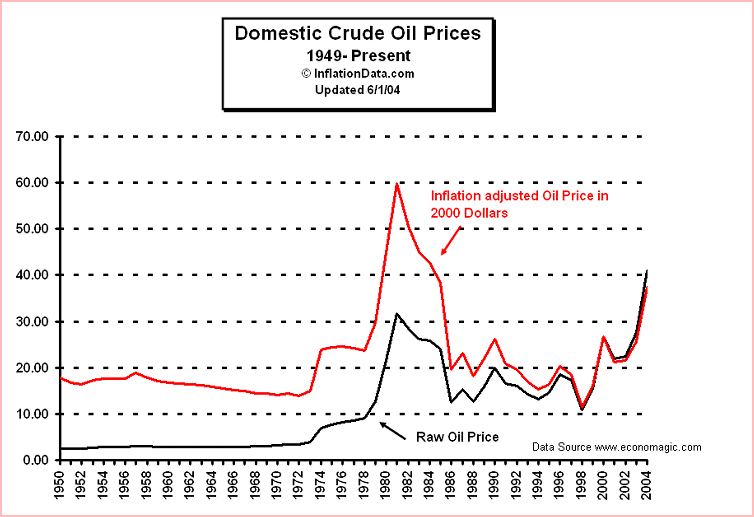MediumTex wrote:
It's important to remember, too, as LoneWolf touched upon, that electricity is not a source of energy, it is a means of transmitting energy that has been produced using some other means.
While I agree that nuclear power can produce very large amounts of energy, I think that we have failed to fully appreciate the complete life-cycle cost of nuclear power.
The basic problems with nuclear power, in my view, are that it results in catastrophic system failures far more often than the risk management models suggest, and it involves a commitment to store and monitor waste materials for longer periods that any human society has ever existed.
Thus, what one would expect to see going forward would be far more nuclear power station partial or full meltdowns than expected and more or less continuous nuclear waste-related environmental damage.
If you factor these realities into the overall cost of nuclear energy (which already has very high startup and decommissioning costs) I don't know if it is as cheap a form of energy as we think.
Assessing overall energy costs and dangers should not be the sole responsibility of the nuclear power industry. For example, burning coal and fossil fuels puts 2,000 tons of radioactivity in the air every year. The amount of nuclear fuel released into the atmosphere each year
as a result of coal combustion exceeds the amount of nuclear fuel used to generate power in nuclear reactors! Now that's wasteful!! The amount of radioactive material released by coal plants each year is 100 times the amount released by nuclear plants. The number of serious mishaps at nuclear plants has actually been extremely rare. In fact, the number of fatalities related to wind power production dwarfs anything related to nuclear.
Let's recall that the Fukushima reactor was
not destroyed by the biggest earthquake in Japanese history, even though the earthquake vastly exceeded the plant's 40-year old design specs. Nor did the tsunami breach the reactor core. Instead it was the loss of power to run the pumps and the on-site storage of spent fuel (not secured under the core dome) which led to the excessive heating, explosion and subsequent releases into the atmosphere. Had the backup generators and spent fuel not been placed in so vulnerable a location, this event would probably not have occurred.
Bear in mind that spent nuclear fuel is the one form of waste that the environmental lobby refuses to recycle. 95% of the material in used fuel rods can be recycled, vastly reducing both the cost of nuclear fuel and the volume of waste. However, current federal regulations prevent this from being done and directly leads to the prevalence of on-site storage. Not very smart.
Part of the problem with nuclear fuel is the hysterical reaction that people have to anything involving radiation. They overlook the fact that radiation is naturally occurring and is to be found all around us every day in our water, air and soil. Media reports about Fukushima radiation levels being XXX% above "normal" overlook the fact that typical levels are practically zero and even elevated levels of the sort found in Tokyo or other distant locales were less than what one receives getting a dental X-ray or flying in a plane. Today, I see reports that Japanese authorities now "admit" that Fukushima is equivalent to Chernobyl. Well, what if it is? Even after decades of research, the number of documented deaths attributable to Chernobyl is surprisingly low, far lower than the Texas City disaster of 1947.
Lastly, money spent on costlier forms of energy production is money not spent on education, infrastructure, health care, transportation, urban renewal, or food and shelter. The moral burden of selecting clean, efficient fuel sources involves these considerations as well as any other. Choices have consequences, and big choices should be the result of calm public deliberation, much calmer than the sort we are often exposed to. (Pun intended.)
http://www.ornl.gov/info/ornlreview/rev ... lmain.html
http://www.foxnews.com/story/0,2933,318688,00.html
http://www.ask.com/wiki/Deaths_due_to_t ... l_disaster
http://en.wikipedia.org/wiki/Texas_City_Disaster


